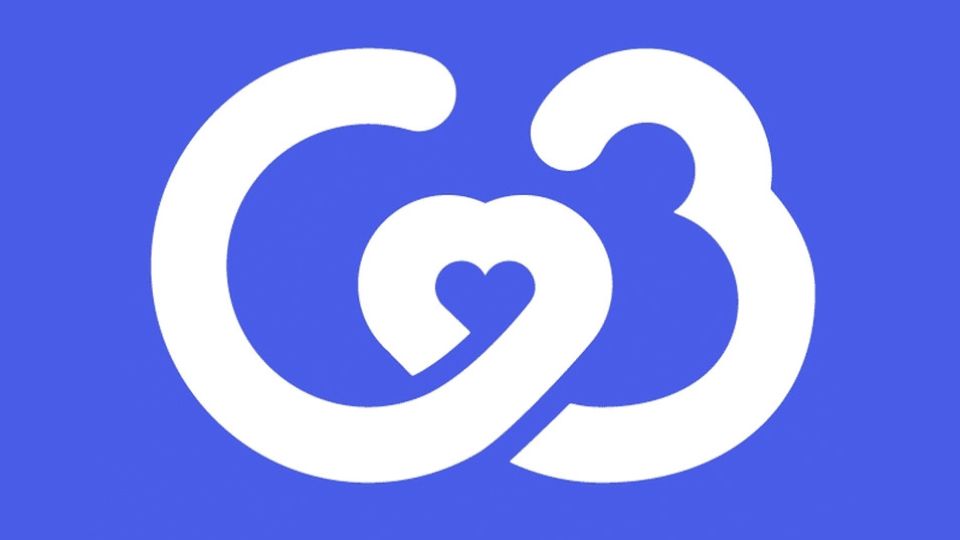July 10, 2025
SINGAPORE – Dating app Coffee Meets Bagel (CMB) has rolled out identity verification for its users in Singapore, using government records to counter rising online scams and hidden marriages.
Verified users will have the option to filter out unverified profiles from July 15, in what is a world first for CMB, The Straits Times has learnt.
Users first authenticate themselves through Singpass, which is integrated with the CMB app. The one-time verification process involves the CMB app retrieving users’ NRIC number or Foreign Identification Number, date of birth, marital status and gender from government records.
Confirming the move, Ms Rachel Tee, CMB’s head of trust and safety, said the platform is acting on feedback from its users to root out fake profiles.
On June 9, it rolled out the verification feature using Singpass and MyInfo, a national digital vault containing citizens’ personal data.
Over 70 per cent of CMB’s user base in Singapore has been verified, said Ms Shn Juay, chief executive of Coffee Meets Bagel Worldwide.
She said: “Our goal has always been to help facilitate real, meaningful connections – and this begins with trust.”
User feedback came from a survey CMB conducted in June with 972 users aged 18 and above.
It found that three in four users in Singapore had encountered a fake profile, “catfisher” or scammer, pointing to widespread concerns about trust in digital dating. A “catfisher” is someone who creates a false or misleading persona to build romantic relationships.
The top concerns identified by users polled were fake profiles, scams and hidden relationships.
A majority of those polled wanted more robust verification measures for identity (81 per cent) and marital status (65 per cent).
“By offering government-backed verification, we are able to significantly reduce the number of scam profiles that require manual moderation,” Ms Tee said.
This will free up resources within CMB to respond to user reports of harassment, inappropriate messages or offline misconduct, she said.
Through identification, CMB will also be able to work closely with law enforcement to take action against bad actors.
In May 2024, 0.56 per cent of CMB’s users complained about scammers and fake accounts on its platform, among other problems, but this has dropped to 0.21 per cent in June 2025 after it started to verify users’ identity, she said.
CMB did not disclose the size of its user base. It is also not known how many users complained in 2024.
Although users who are married will not receive a verified badge, their accounts will still show up on the pages of people who do not opt to view only verified accounts.
“We understand that navigating marital status can be deeply personal and sometimes complicated. For example, a person may be undergoing separation or divorce, which may span a few years,” Ms Tee said.
Four other major dating platforms – Bumble, Hinge, Tinder and OkCupid – also rolled out some form of identity verification in recent years, but the measure has remained optional.
For instance, Bumble started letting Singapore users verify their identities by uploading government-issued IDs on the week of June 10. The same feature has been rolled out in at least 11 other countries, including Australia, Canada and France, since March.
A Bumble spokesman said the launch of its ID verification is part of the company’s commitment to building a safe online space for people to find love.
It uses an Estonia-headquartered third party identity verification service, Veriff, to match a user’s selfie with the picture on the uploaded ID card. The data is retained for up to 72 hours.
Hinge, Tinder and OkCupid’s way of verifying users involves letting them upload their recorded video selfies along with their profile pictures.
Many dating app users support CMB’s move, but some said it could be excessive.
A 21-year-old national serviceman, who wanted to be known only as Martin, said that he had friends whose pictures were used without their knowledge on dating apps. “Compulsory Singpass verification on dating apps could be an effective way to reduce fake accounts and prevent identity misuse,” he said.
A 28-year-old public relations officer, who wanted to be known only as Adeline, said: “Simply knowing that the person you’re speaking to is verified provides peace of mind and helps build trust from the very first interaction.”
An aviation industry member, who wanted to be known only as Ralph, said sharing highly sensitive information such as the NRIC on a dating app seems excessive and raises serious privacy and security concerns.
“The information could be exploited for identity theft, scams or other malicious purposes. The risk simply outweighs the benefit in this case,” the 29-year-old said, noting that CMB could be hacked.
Assuring its users, Ms Tee said the company employs robust cyber-security measures and partners with cloud computing service Amazon Web Services to ensure that all information is stored within a secure, encrypted infrastructure.
Data collection and usage also strictly adhere to the requirements of the Personal Data Protection Act.
“We retain personal information only for as long as necessary to fulfil legitimate business purposes and to comply with applicable legal obligations,” Ms Tee said.
Dr Chew Han Ei, senior research fellow at the Institute of Policy Studies, said that identity verification is crucial to building trust online.
“If CMB follows through, they’ll be one of the first dating apps to use a government-based identity check. That protects users and, frankly, it protects the company too,” he said.

